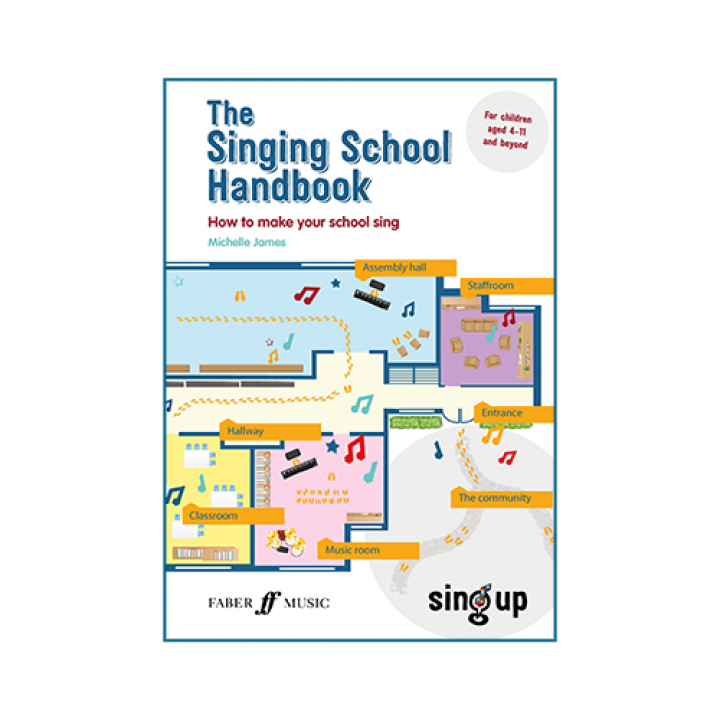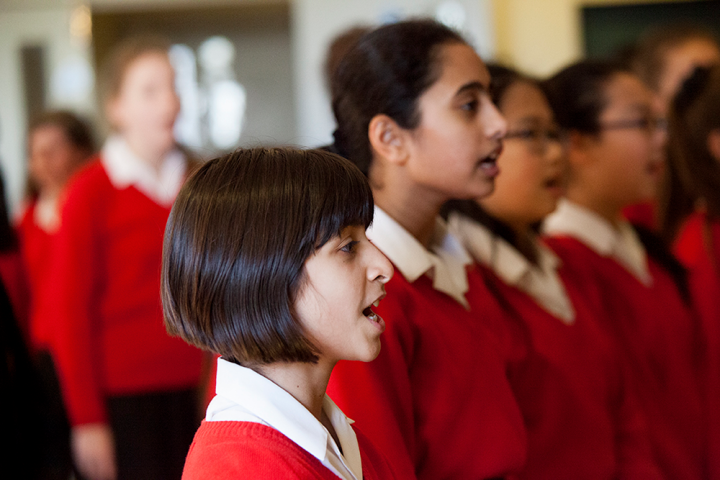
Throughout mankind's history, mothers around the world have always sung to their children in remarkably similar ways. This universal behaviour has not only stood the test of time but continues to happen regardless of cultural boundaries.
So why is this behaviour so common? New research from Shannon de l’Etoile, professor of Music Therapy at the University of Miami Frost School of Music, says there is much more to 'infant-directed song' than meets the eye—and ear. Not only is the bond between mother and infant deepened, but there are mutual positive effects.
Why it's good for your baby
In the infant's case, listening to their mother's singing is as effective as book reading and toys, and produces higher cognitive scores than listening to recorded music. It's been proven that infants have an innate ability to process music almost from birth. Not only is the mother helping to develop the child's musical understanding, but this could be useful further down the line as early building blocks of understanding language.
Furthermore, by holding the infant's attention the mother is also holding their gaze. This provides opportunity for the infant to observe human expression and interaction, important areas of early development and communication.
Why it's good for you
l'Etoile's findings also revealed that "when infants were engaged during song, their mother’s instincts are also on high alert." This high attention in the mother allows them to modulate their singing in order to maintain their infant's attention, regardless of their singing experience. “Intuitively, when infant engagement declined, the mother adjusted her pitch, tempo or key to stimulate and regulate infant response.”
Mothers with postpartum depression have been found to benefit from infant-directed singing for several reasons; being able to naturally hold their infant's attention empowers the mothers, while the endorphins naturally released from singing help to battle negative moods and thoughts. Infant-directed singing is a natural and healthy distraction from negative thoughts, allowing the mother to develop a bond with their infant.
Research also revealed that the quality of singing doesn't need to be professional or high quality in order to keep the infant's attention. "In fact, infants may be drawn to the personalised tempo and pitch of their mother, which encourage them to direct their gaze toward and ultimately communicate through this gaze.”
How to start singing more with your infant
Parents will naturally speak to their babies in a sing-song tone, so moving from normal speech into simple song can be a small step.
- Why not try some traditional nursery rhymes and songs.
- Move on to simple EYFS tunes when exploring specific subjects.
- Use routine songs when carrying out repeating tasks with your child throughout the day, such as getting dressed, eating or taking a bath.
Singing in an EYFS setting
Once children start their early years education, it's important to continue singing in order to help children improve their language and social skills. You could try...
- Continuing with school appropriate routine songs, like lining up to go outside or washing hands before lunch.
- Use curriculum-based songs to learn about creatures, the outdoors and more. Log in as a Friend or Member to explore our full selection.



